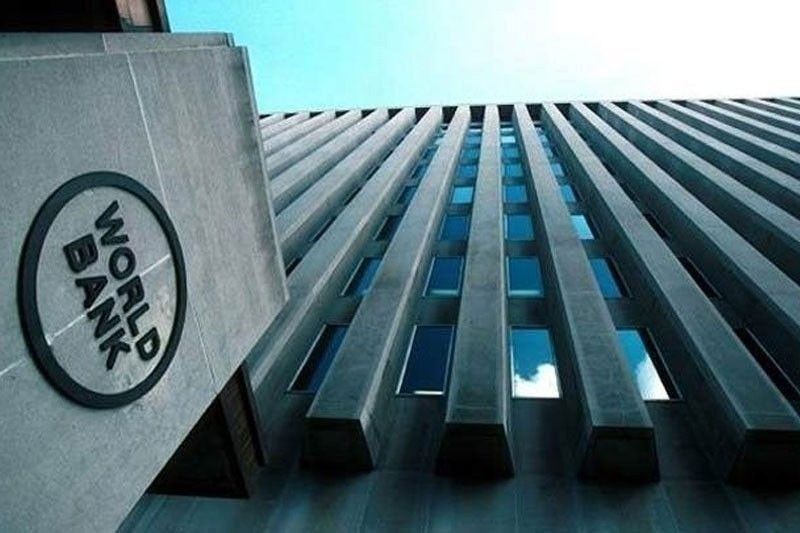Philippines gets $750 million World Bank loan for digital infrastructure buildup

MANILA, Philippines — The World Bank has approved a $750-million loan to support the Philippine government’s efforts to promote greater digital technology adoption to drive economic growth.
In a statement yesterday, the World Bank said it has given approval to the $750 million Second Digital Transformation Policy Loan aimed at helping the government foster an enabling environment for the adoption of digital technology.
In particular, the loan will support government reforms to reduce barriers to entry and investment in the broadband sector by promoting competition and improving connectivity.
It will also support government agencies’ utilization of digital technologies to improve efficiency and transparency.
In addition, the loan will support the government’s efforts in expanding financial inclusion by promoting the use of secure digital financial services and improving payments infrastructure.
The loan will likewise help step up efforts to increase trust in e-commerce, expand logistics, create jobs in digital services as well as enhance the country’s competitiveness in the digital sector.
“Digitalization is a transformative force that can drive productivity-led growth and enhance the efficiency of critical services such as transport, healthcare, education, energy and agriculture in the Philippines,” Zafer Mustafao?lu, World Bank country director for the Philippines, Malaysia and Brunei said.
“By leveraging digital platforms, the country can bridge gaps in service delivery, make sure that individuals and firms have access to affordable financial services and digital solutions that meet their needs and build resilience against future crises and shocks,” he said.
While digital technology adoption in the Philippines has increased rapidly in recent years, the World Bank believes more needs to be done for the country to harness the benefits of digitalization.
For the World Bank, removing connectivity limitations faced by 72 percent of Filipino households without fixed broadband should be a priority.
With the country’s micro, small and medium enterprises accounting for over 60 percent of the total workforce, Mustafao?lu said financial inclusion and digital services are essential for these businesses’ growth.
“Greater access to digital financial services enables such businesses to adopt innovative technologies and automation, thereby boosting their competitiveness and contribution to the economy,” he said.
- Latest
- Trending






























